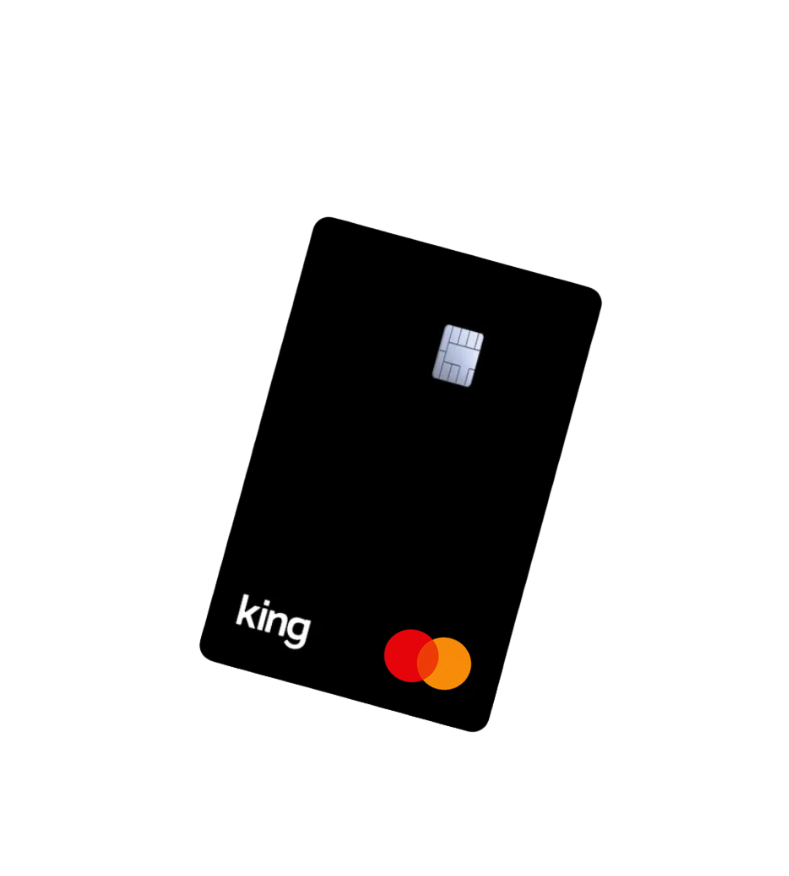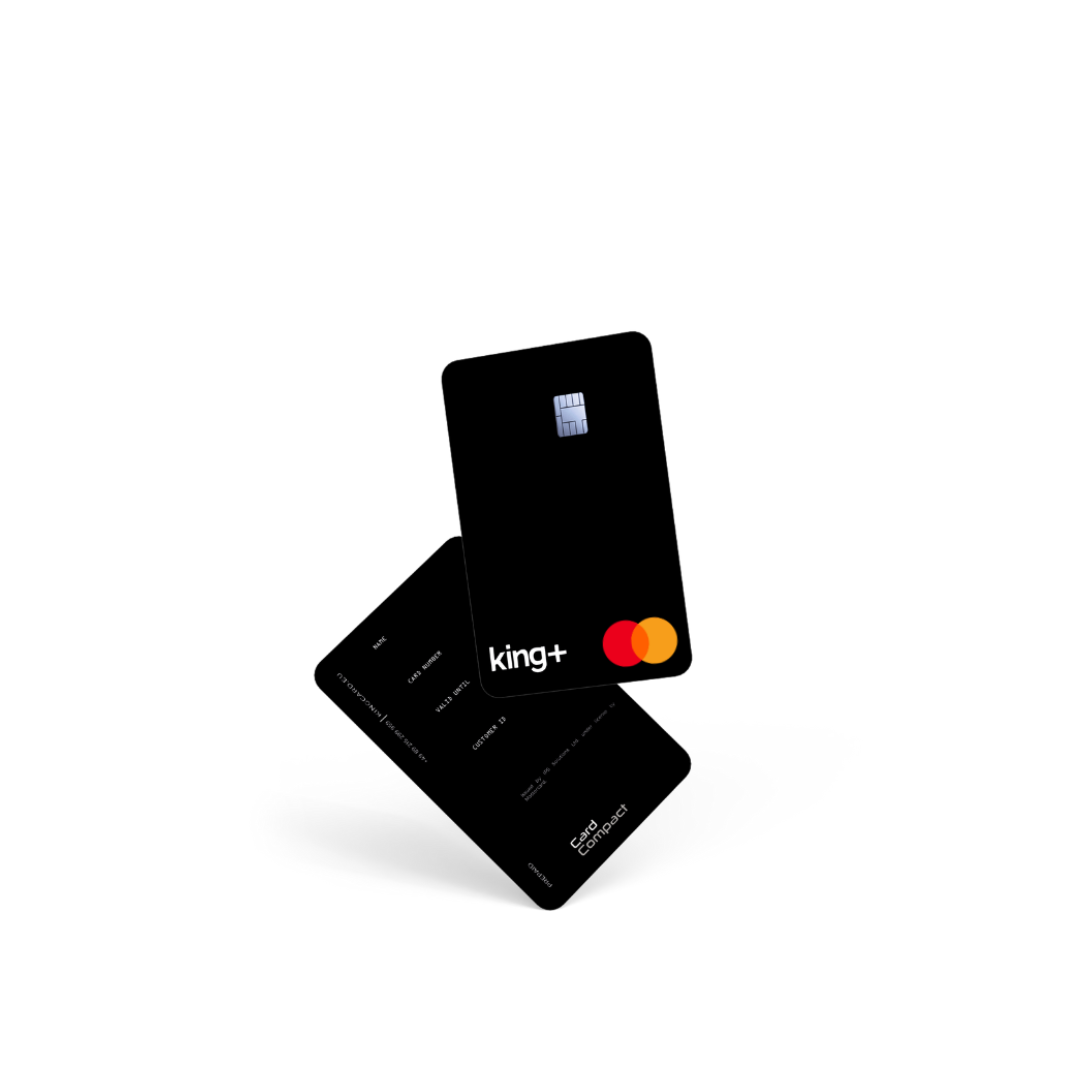What is SCHUFA?
SCHUFA explained: Everything you need to know about your creditworthiness
The SCHUFA plays a central role in the German financial system and affects many areas of your life, from rental agreements to loans. But what exactly is SCHUFA, how does it work, and how can you obtain your SCHUFA report for free? In this blog post, we explain everything step by step.
What is SCHUFA?
SCHUFA stands for “Schutzgemeinschaft für allgemeine Kreditsicherung” (General Credit Protection Agency). It is a private credit bureau that collects, stores, and shares information about individuals' creditworthiness. Companies use this data to assess the financial risk of entering into contracts or granting loans.
In short: SCHUFA helps businesses evaluate whether you are likely to pay your bills on time.
Why do you need SCHUFA?
SCHUFA becomes relevant in many everyday situations, such as:
1. Rental agreements: Landlords check your credit before offering you an apartment.
2. Loans: Banks use SCHUFA data to assess your creditworthiness.
3. Mobile contracts: Providers check your financial reliability.
4. Installment payments: Retailers want to ensure you can make regular payments.
A positive SCHUFA report can make it much easier to secure contracts and loans.
How does SCHUFA work?
SCHUFA collects information from various partners, including banks, telecom providers, and landlords. It stores both positive and negative entries:
Positive entries: Bills and loans paid on time
Negative entries: Reminders, defaults, bankruptcies
Using this data, SCHUFA calculates a score. The SCHUFA score indicates how likely you are to make your payments reliably. A high score (e.g., 97%) means good creditworthiness, while a low score suggests financial risk.
How can you get your SCHUFA report for free?
Everyone has the right to request a free SCHUFA report once a year (data copy under Article 15 of the GDPR). Here's how:
- Visit the SCHUFA website: Go to the official site meineSCHUFA.de.
- Fill out the form: Look for the form for the data copy under Article 15 GDPR.
- Attach proof of identity: Include a copy of your ID card or passport.
- Send it by post: Mail the form to the address provided by SCHUFA.
You’ll receive your free SCHUFA report by post within a few weeks.
Tip: Don’t get confused by paid offers – the legal data copy is always free!
What’s included in the SCHUFA report?
Your SCHUFA report includes:
Personal information: Name, date of birth, and address
Contract data: Current loans, credit cards, mobile contracts
Payment behavior: Positive and negative entries
SCHUFA score: Your creditworthiness as a percentage
How can you improve your SCHUFA score?
A good SCHUFA score is important for financial flexibility. Here are some tips to improve it:
Pay bills on time: Avoid reminders and missed payments.
Don’t max out credit limits: Don’t fully use your credit card or account limits.
Regularly review contracts: Cancel unused accounts or credit cards.
Correct errors: Check your SCHUFA data for mistakes and have them corrected.
SCHUFA Myths – What’s actually true?
"SCHUFA stores my income." – False.
SCHUFA does not store any information about your salary or income. It only processes data related to your payment behavior, such as active loans, credit cards, leasing agreements, or defaults.
"Too many loan inquiries harm my score." – Partly true.
It’s important to distinguish between two types of inquiries:
Condition inquiries (“Anfrage Kreditkonditionen”): These do not affect your score and are not visible to other contract partners.
Loan inquiries (“Anfrage Kredit”): These are considered actual applications and frequent inquiries in a short time can negatively impact your score.
"A negative entry stays forever." – False.
Negative entries like unpaid bills or debt collection procedures are usually deleted after three years once the debt has been settled. In some cases (e.g., personal bankruptcy), a shorter period of six months applies after discharge of residual debt.
Starting with the new year, consumers will benefit from a shortened retention period for negative Schufa entries. Instead of being stored for 36 months, such entries will now be automatically deleted after just 18 months—provided certain conditions are met. This change takes effect on January 1, 2025, and applies to one-time payment defaults. One key requirement for early deletion is that the outstanding debt must be settled within 100 days of a reminder being reported to the credit agency.
















